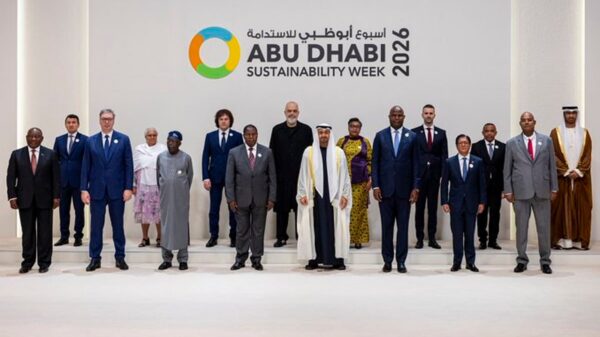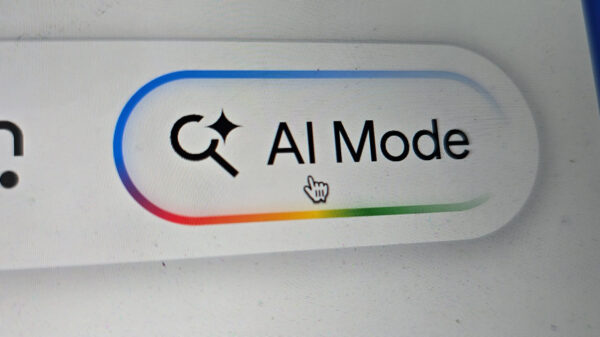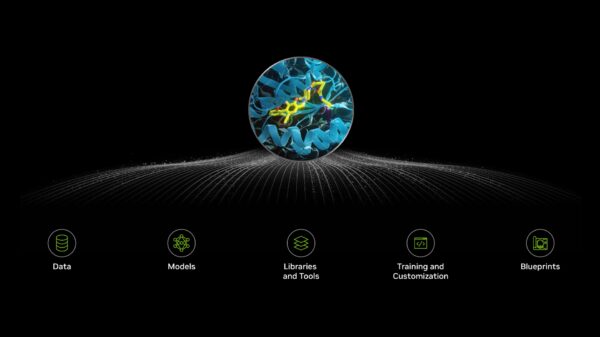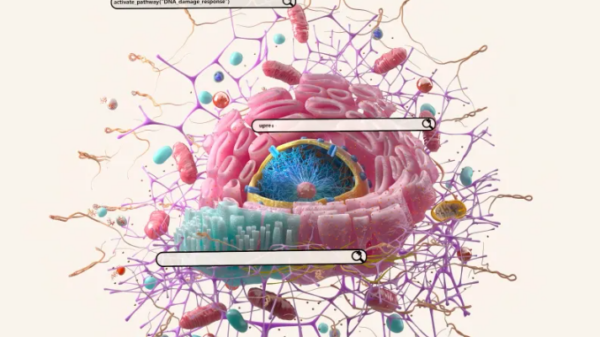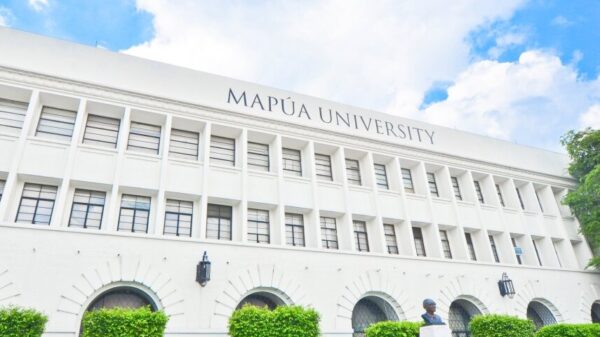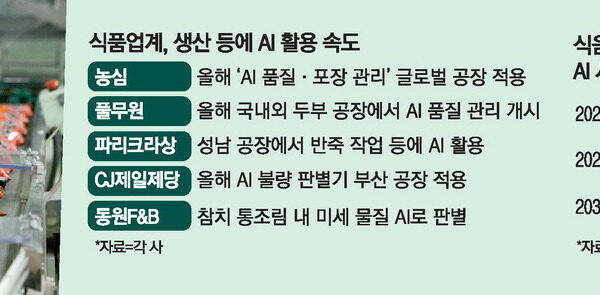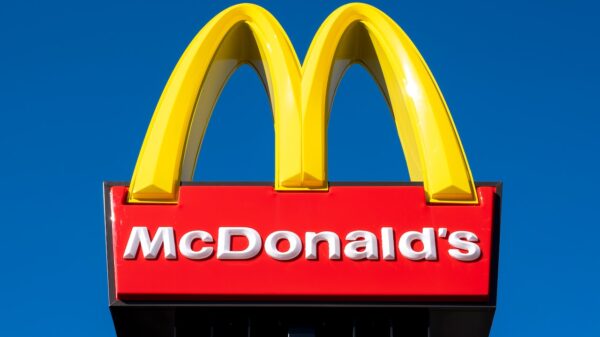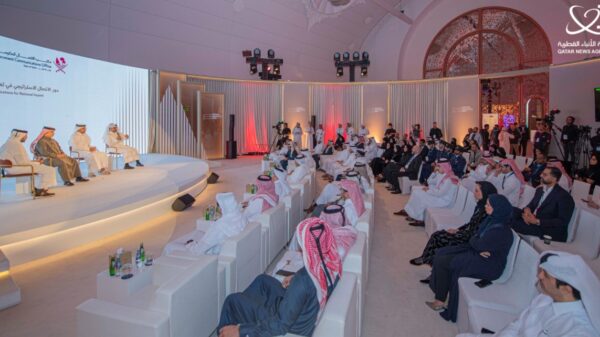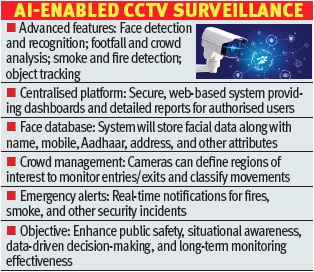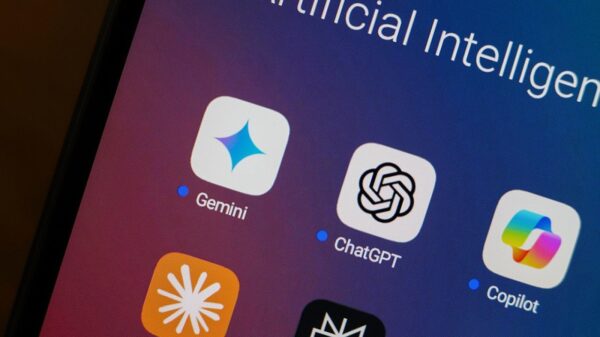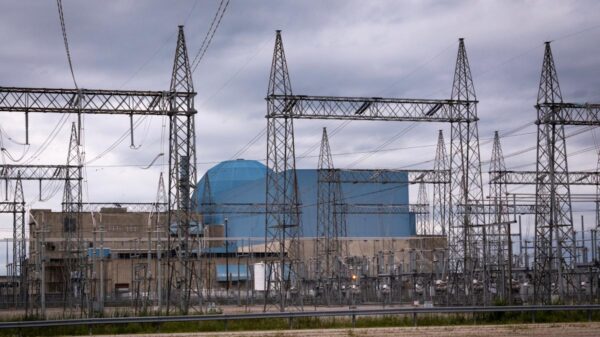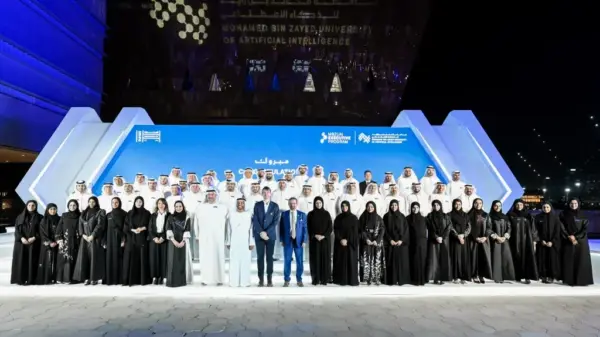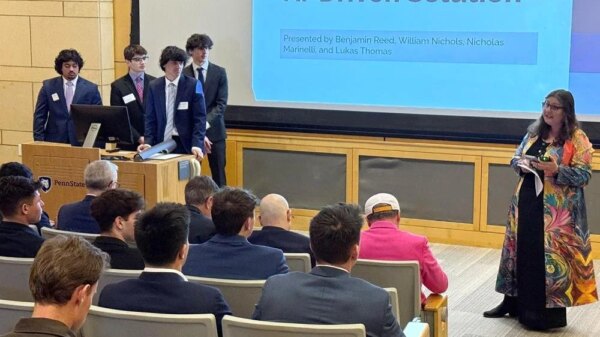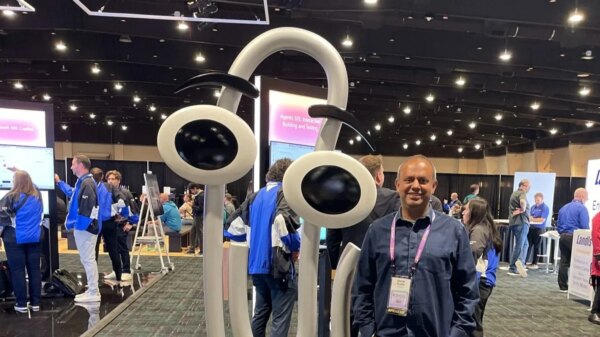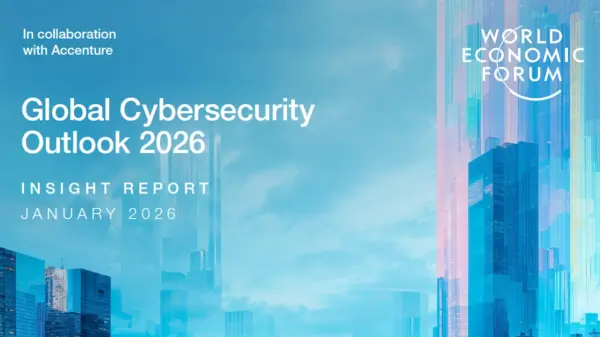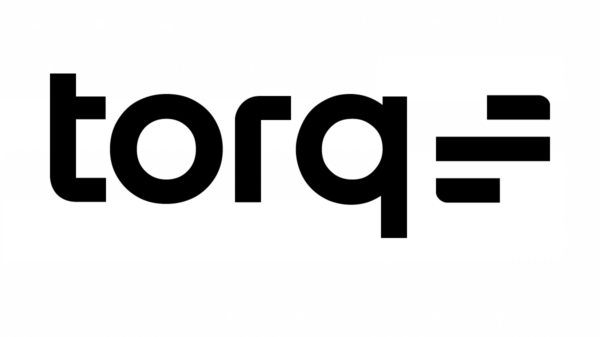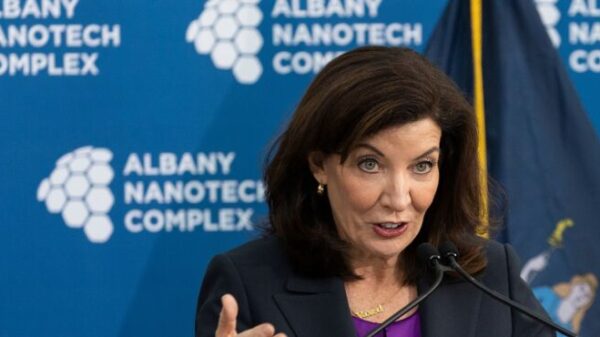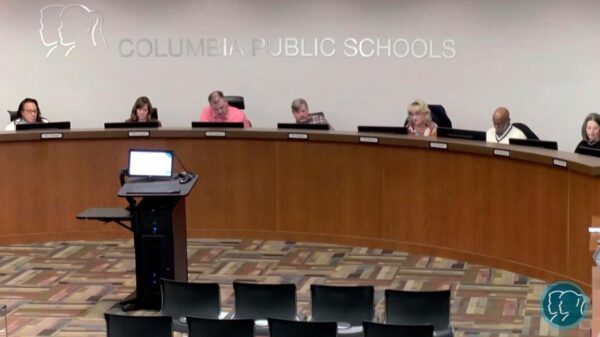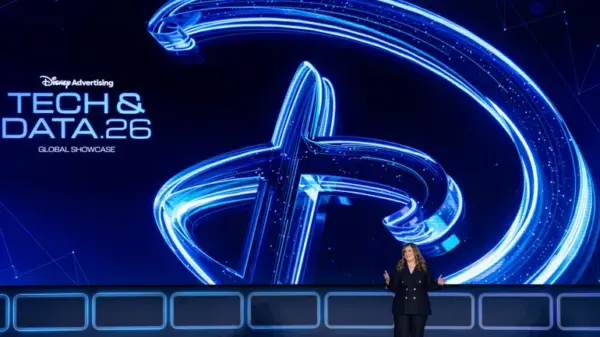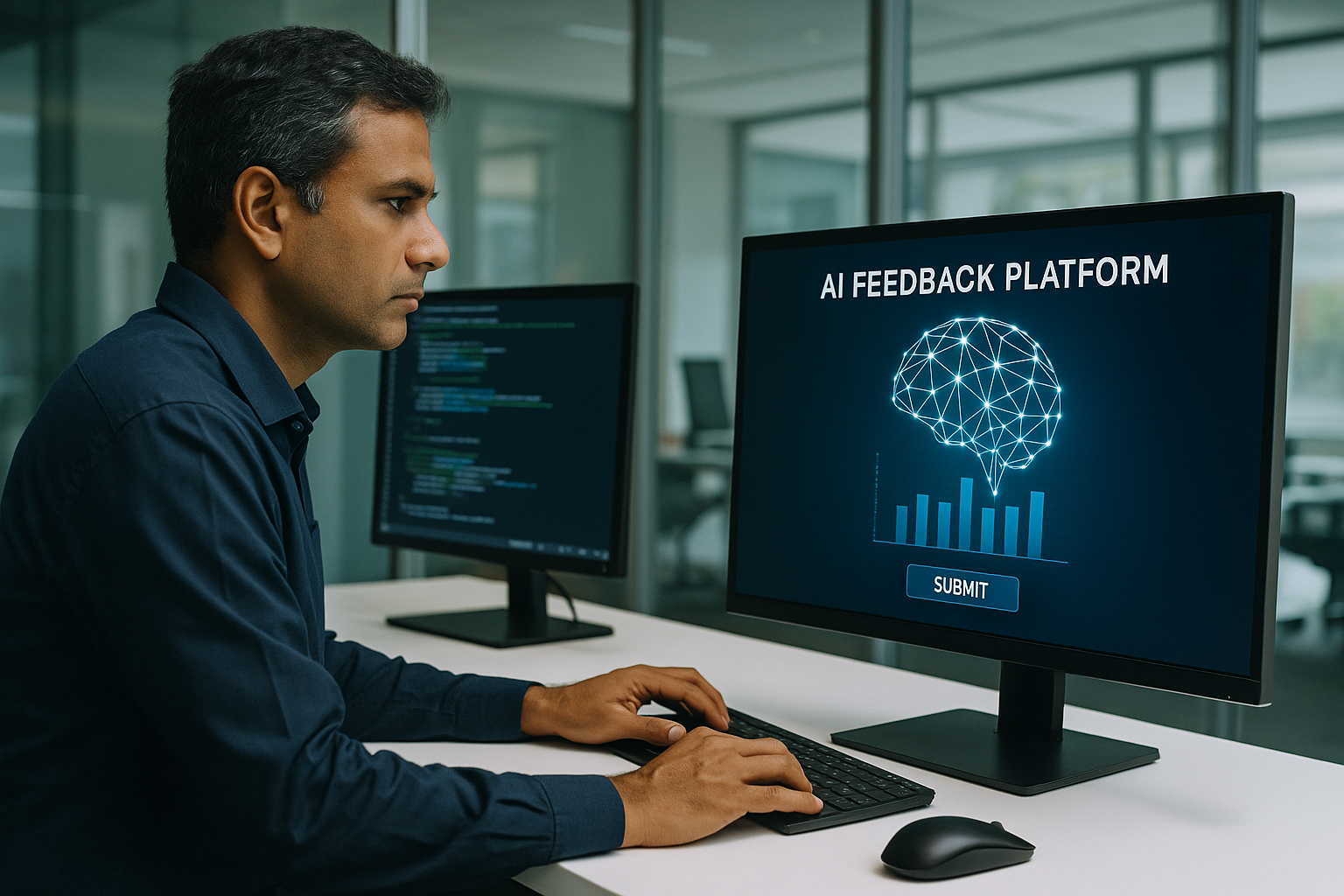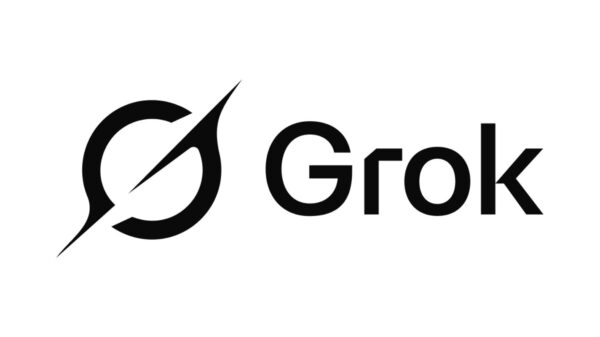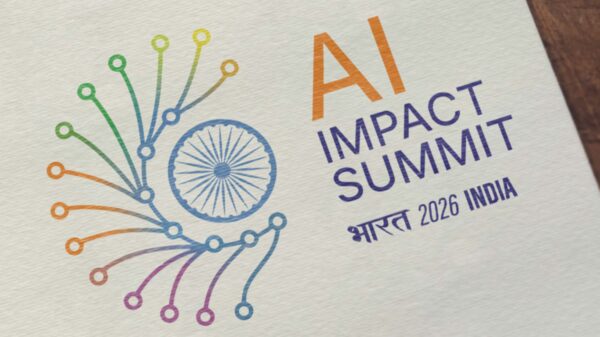In a significant move to optimize the Pradhan Mantri Garib Kalyan Anna Yojana (PMGKAY), the Indian government has successfully removed over two crore ineligible beneficiaries from this free food grain scheme over the past few months. This initiative, aimed at ensuring better targeting of rightful beneficiaries, is accompanied by the introduction of an innovative online platform, enabling beneficiaries to provide feedback on ration distribution.
Food Secretary Sanjeev Chopra confirmed the exclusion of ineligible beneficiaries, a process designed to streamline the program by adding new eligible individuals. State governments have been tasked with verifying these changes. The criteria for elimination included parameters such as being deceased, being an income tax payer, holding government positions, owning a four-wheeler, or being directors of companies.
Implementation of AI in Feedback Collection
In conjunction with these changes, the government launched the Anna Sahayata Holistic AI Solution (Asha), an AI-enabled platform that facilitates real-time feedback from beneficiaries regarding ration quality, quantity, and payment issues. This system employs features like multilingual translation, sentiment analysis, automated grievance categorization, and real-time dashboards for administrative oversight.
According to officials, the new feedback mechanism will provide granular insights into beneficiary sentiment, extending down to the ration shop level. This data-driven approach is anticipated to enhance decision-making processes related to food security initiatives, reflecting the government’s commitment to improving service delivery.
Food and Consumer Affairs Minister Pralhad Joshi highlighted that, while maintaining operational efficiency, the new system will cost approximately Rs 5 lakh monthly, a significant savings compared to traditional call center operations. This strategic investment aims to ensure that beneficiaries receive the correct amount and quality of food grains without undue charges.
Implications for Food Security and Policy
The move to refine the PMGKAY not only underscores the Indian government’s focus on efficient resource allocation but also demonstrates a growing trend towards leveraging artificial intelligence in public service delivery. By utilizing AI tools, the administration aims to enhance accountability and transparency in welfare schemes, ensuring that aid reaches those most in need.
Overall, the integration of AI into this food security program marks a progressive step in addressing both systemic inefficiencies and the evolving needs of beneficiaries. As the government continues to refine its strategies and response mechanisms, the implementation of such technology could serve as a model for future welfare initiatives.
This effort aligns with broader global movements towards using AI to optimize public service delivery and improve citizen engagement. The results of this initiative may not only impact India’s food security landscape but also provide insights into the role of technology in governance.
As the program evolves, the feedback collected through the Asha platform will be critical in shaping future policy decisions, potentially influencing similar initiatives in other sectors. The commitment to harnessing technology for social good reflects a modern approach to governance, one that prioritizes efficiency and accountability.
See also Insurance Firms Launch AI Coverage as Generative AI Risks Surge, 90% Businesses Demand Protection
Insurance Firms Launch AI Coverage as Generative AI Risks Surge, 90% Businesses Demand Protection Karnataka Announces ₹1 Trillion AI Hub in Bidadi to Boost Tech Ecosystem
Karnataka Announces ₹1 Trillion AI Hub in Bidadi to Boost Tech Ecosystem Parramatta Libraries Launch ABii Smart Tutor Robots to Enhance Children’s STEM Skills
Parramatta Libraries Launch ABii Smart Tutor Robots to Enhance Children’s STEM Skills Hawaiʻi Think Tank Launches Open Hearings Tool to Enhance Government Meeting Transparency
Hawaiʻi Think Tank Launches Open Hearings Tool to Enhance Government Meeting Transparency SMEs Drive Government AI Success with New Procurement Flexibility and Rapid Solutions
SMEs Drive Government AI Success with New Procurement Flexibility and Rapid Solutions
